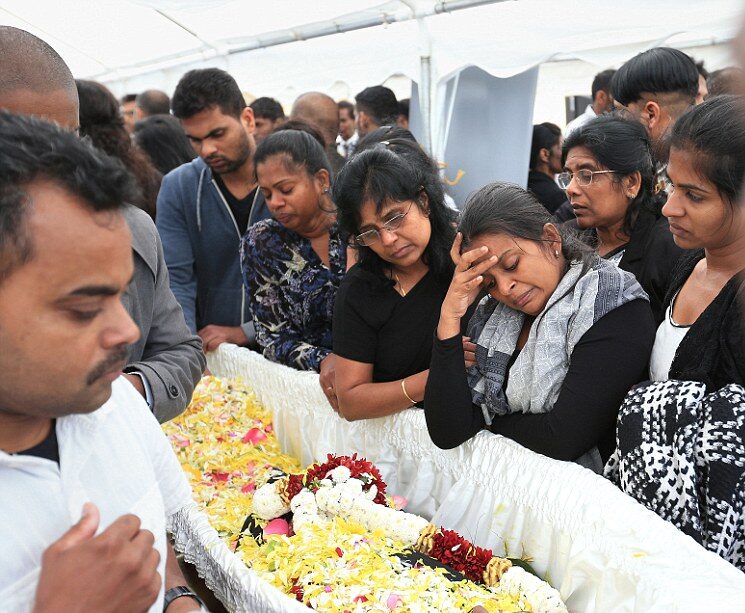It is never easy when a loved one passes away and we must take the time to grieve in a healthy way. Grief is the deep pain we feel when we know that we will never see that loved one again and there is nothing we can do to bring them back.
Grieving takes time and should not be put aside because it is important for our own psychological and emotional health.
There are said to be five stages of grief and these are as follows:
-
Denial – The first reaction is denial. In this stage, individuals believe the diagnosis is somehow mistaken, and cling to a false, preferable reality. Some may also isolate themselves, avoiding others who may have accepted what is happening. This stage is usually a temporary defense, so long as the person has adequate time to move amongst the stages as they contemplate death
-
Anger – When the individual recognizes that denial cannot continue, they become frustrated, especially with the people around them. Certain psychological responses of a person undergoing this phase would be: “Why me? It’s not fair!”; “How can this happen to me?”; “Who is to blame?”; “Why would this happen?” Some may lash out at loved ones, medical staff, and other family members.
-
Bargaining – The third stage involves the hope that the individual can avoid a cause of grief. Usually, the negotiation for an extended life is made in exchange for a reformed lifestyle. People facing less serious trauma can bargain or seek compromise. Examples include the terminally ill person who “negotiates with God” to attend a daughter’s wedding, an attempt to bargain for more time to live in exchange for a reformed lifestyle, or a phrase such as “If I could trade their life for mine”.
-
Depression – “I’m so sad, why should I bother with anything?”; “I’m going to die soon, so what’s the point?”; “I miss my loved one; why go on?”
During the fourth stage, the individual despairs at the recognition of their mortality. In this state, the individual may become silent, refuse visitors and spend much of the time mournful and sullen.
-
Acceptance – “It’s going to be okay.”; “I can’t fight it; I may as well prepare for it.”
In this last stage, individuals embrace mortality or the inevitable future, or that of a loved one, or another tragic event. People dying may precede the survivors in this state, which typically comes with a calm, retrospective view by the individual, and a stable condition of emotions.
When we understand that we will all experience grief at some time, and we have a better understanding of how to go through it we are better able to cope.





Add Comment